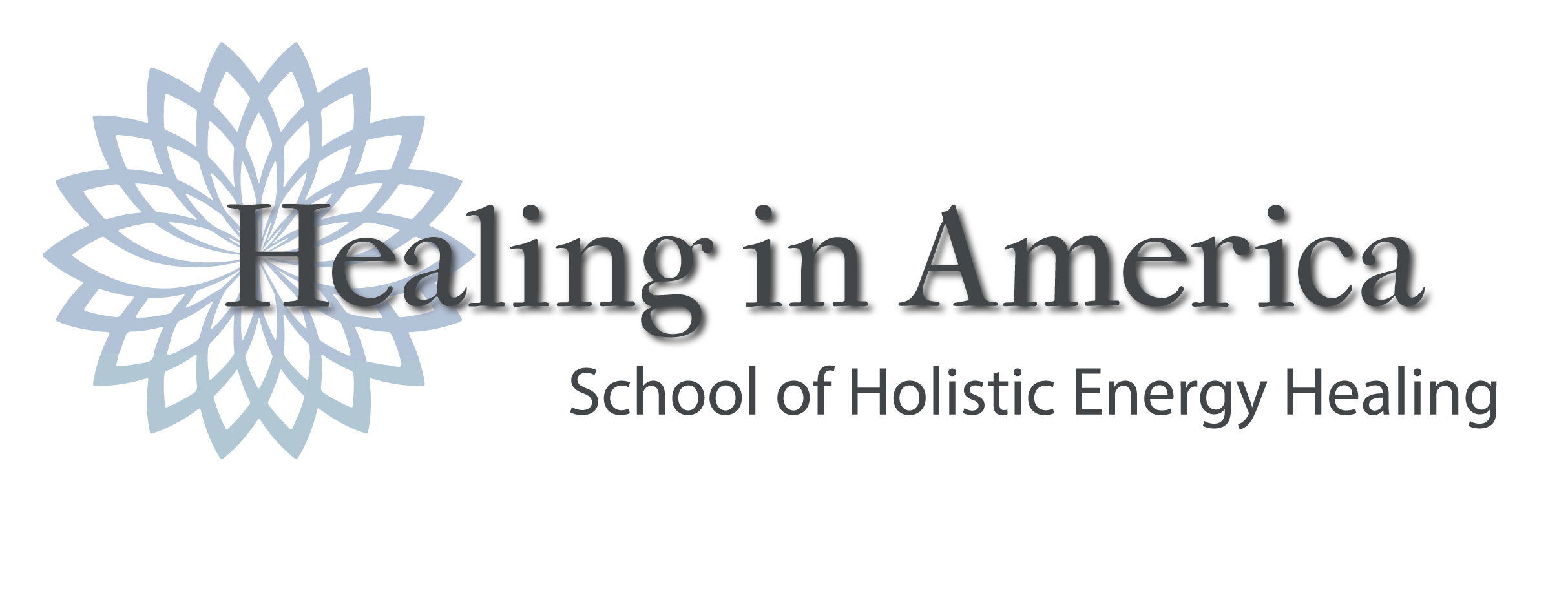Is Honesty The Best Policy?
Is Honesty
The Best Policy?
At its core, honesty is about being truthful, sincere, and transparent in our words and actions. It forms the foundation of trust, the cornerstone of any healthy relationship, whether it be between friends, family members, colleagues, or even nations.
When we are honest with others, we create an environment where openness and authenticity thrive, fostering deeper connections and stronger bonds.
Consider a scenario where a friend asks for our opinion on a new haircut or the clothes that they are wearing. While it may be tempting to sugarcoat our response to spare their feelings, honesty encourages us to provide constructive feedback, helping them make informed decisions about their appearance. In this case, honesty not only strengthens our friendship but also demonstrates respect for our friend's autonomy and individuality.
Moreover, honesty promotes integrity, aligning our actions with our values and principles.
When we uphold honesty as a guiding principle, we cultivate a sense of self-respect and moral clarity, enabling us to navigate life's challenges with integrity and honor. In professional settings, honesty is often synonymous with credibility and reliability, essential qualities for building a successful career and earning the trust of clients, customers, and colleagues.
However, the question of whether honesty is always the best policy becomes more nuanced when we consider the potential consequences of our truthfulness. There are instances where revealing the complete truth may cause harm or conflict, leading some to argue for the strategic use of discretion or selective honesty.
Before becoming a full-time healer in the UK, I was working selling large office printers - around $200,000 each - and there was often a time when there were known delivery issues, as often demand exceeded supply.
My line manager “encouraged” us to tell “little white lies” to customers in case they decided to cancel their orders. That in turn created the need for more “little white lies”down track.
I felt uncomfortable about this and refused, so whilst customers were initially unhappy about the wait time for delivery, they accepted why there was a delay. I never had a cancellation and it avoided me having to tell more lies to them to try to keep them happy.
I understand why my manager suggested what he did, and you can imagine a situation where a colleague asks for feedback on a project they've been working on tirelessly. While we may have reservations about certain aspects of their work, expressing blunt criticism without offering constructive suggestions could demoralize them and hinder their productivity. In such cases, exercising tact and diplomacy while still providing honest feedback becomes essential, balancing the need for honesty with sensitivity to the other person's emotions.
Similarly, in interpersonal relationships, there may be times when revealing certain truths could jeopardize trust or cause unnecessary pain. For instance, if a friend confides in us about a past mistake they deeply regret but have since moved on from, disclosing this information to others without their consent could breach their trust and strain our relationship. Here, the ethical dilemma lies in finding a delicate balance between honoring our commitment to honesty and respecting the confidentiality and dignity of others.
Moreover, cultural and societal norms play a significant role in shaping our perspectives on honesty. What may be considered acceptable honesty in one culture or context could be perceived as rudeness or insensitivity in another. Understanding and navigating these cultural nuances requires empathy, open-mindedness, and a willingness to adapt our communication style accordingly.
In the realm of politics and diplomacy, the question of whether honesty is always the best policy becomes even more complex. While transparency and accountability are essential pillars of democracy, there are instances where revealing sensitive information could compromise national security or diplomatic relations.
Leaders often face the challenge of balancing the public's right to know with the need to protect classified information, leading to debates over transparency and government accountability.
However, when we read some of the dishonest actions of many well-known people in the world who are in positions of trust and responsibility take, I often think is this the way we want our children to grow up believing it is ok to lie?
How do we explain an action by these unscrupulous individuals to our children?
Why should our youngsters keep on their “straight and narrow path” when all around them they see others, who should know better, and are not only surviving but thriving?
As we navigate the complexities of life, honesty remains a guiding light, reminding us to speak our truth with compassion, integrity, and wisdom.
To create our “New World”, this is a time, in my view, to know that honesty is, without a shadow of a doubt, the best policy.
Try it and see!
With Love & Light
Roger
The Meaning of Life is to find your gift
The Purpose of Life is to give it away.

